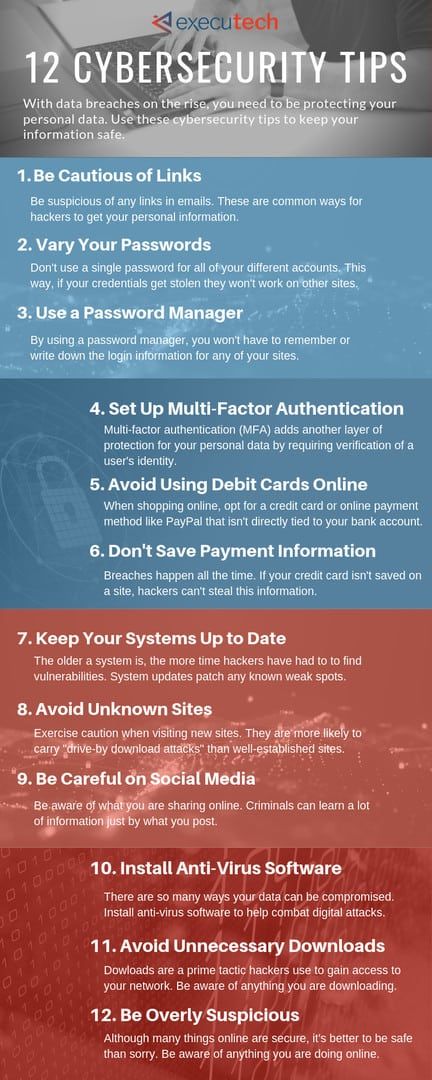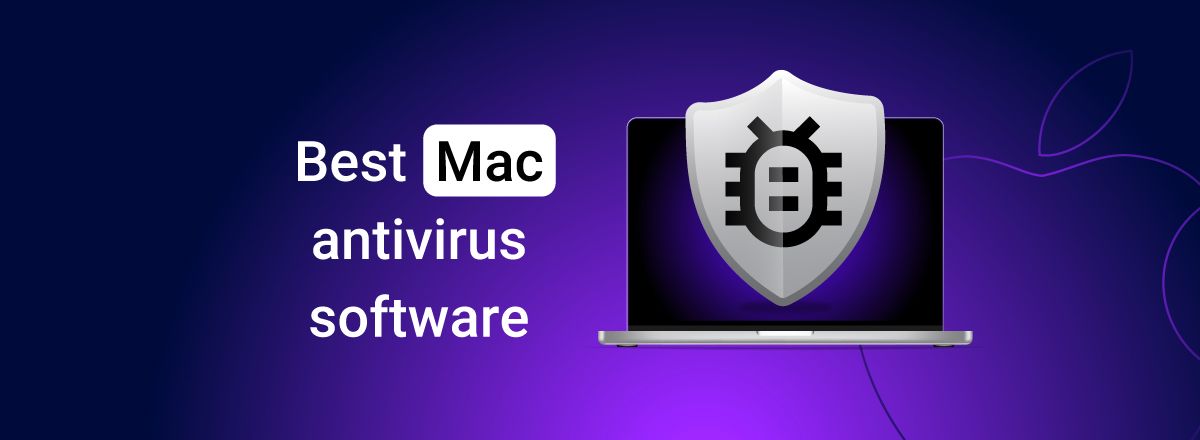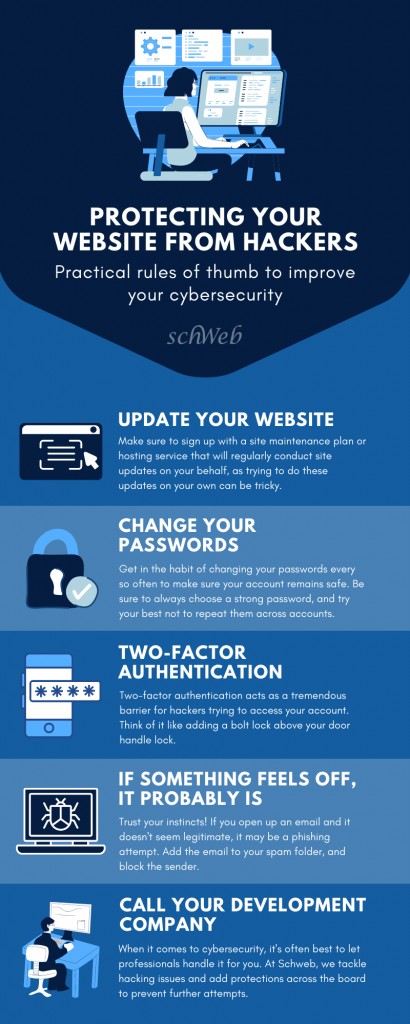
Cybersecurity Tips Every Internet User Should Know
- 0
In today’s digital age, cybersecurity is more important than ever. With cyber threats constantly evolving, it is essential for every internet user to be aware of the risks and take necessary precautions to protect their personal information and sensitive data. Here are some cybersecurity tips that every internet user should know to stay safe online.
Use Strong Passwords
One of the simplest yet most effective ways to protect your online accounts is by using strong, unique passwords for each account. Avoid using easily guessable passwords like “123456” or “password”. Instead, opt for passwords that are at least 8 characters long and contain a mix of letters, numbers, and special characters.
Enable Two-Factor Authentication
Two-factor authentication adds an extra layer of security to your online accounts by requiring a second form of verification in addition to your password. This can help prevent unauthorized access even if your password is compromised.
Update Your Software Regularly
Software updates often include security patches that address vulnerabilities that cybercriminals could exploit. Make sure to regularly update your operating system, antivirus software, web browsers, and other applications to keep them secure.
Be Careful with Links and Attachments
Phishing attacks often rely on convincing users to click on malicious links or download infected attachments. Be cautious when clicking on links or opening attachments from unknown senders, and always verify the source before taking any action.
Use Secure Wi-Fi Networks
Public Wi-Fi networks are convenient, but they can also be insecure. Avoid accessing sensitive information, such as online banking or shopping, over public Wi-Fi networks. Instead, use a virtual private network (VPN) to encrypt your internet connection and protect your data.
Monitor Your Accounts Regularly
Regularly monitor your online accounts for any suspicious activity. Keep an eye out for unauthorized transactions, changes to your account settings, or any other unusual behavior that could indicate a security breach.
Backup Your Data
Regularly backing up your data is essential in case of a cyber attack or data loss. Make backups of your important files on an external hard drive or cloud storage service to ensure that you can recover them if something goes wrong.
Educate Yourself
Stay informed about the latest cybersecurity threats and best practices by reading cybersecurity blogs, attending webinars, or taking online courses. The more you know about cybersecurity, the better equipped you will be to protect yourself online.
Conclusion
By following these cybersecurity tips, every internet user can enhance their online security and minimize the risk of falling victim to cyber attacks. Remember to stay vigilant, keep your software up-to-date, and use strong password practices to protect your personal information and safeguard your online accounts.

